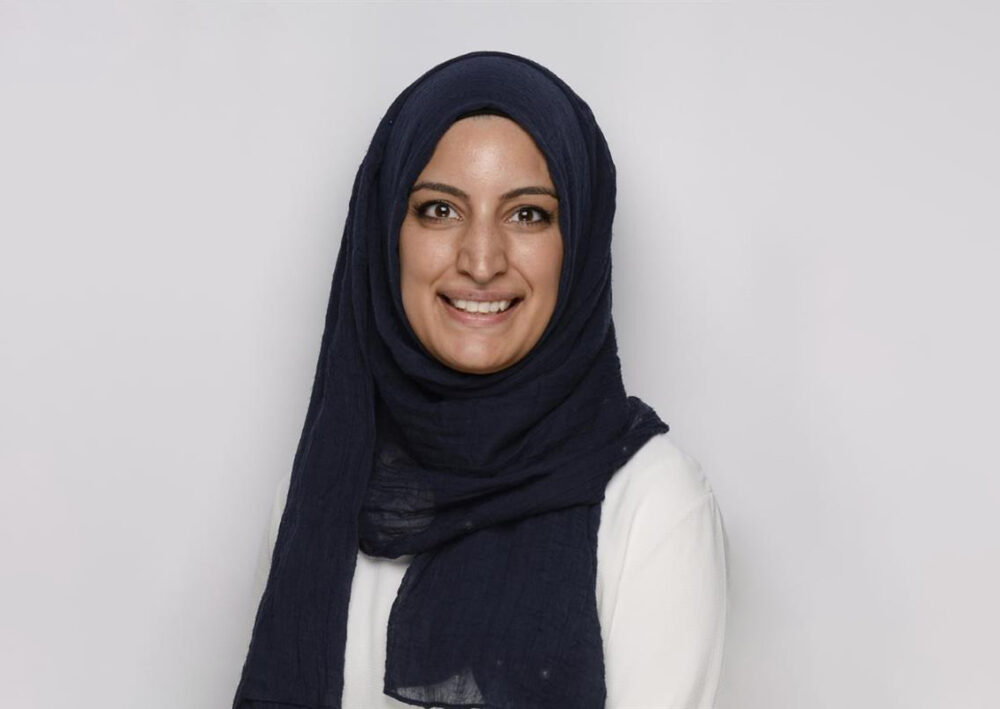Zaineb Mahdi, Assistant Headteacher GEMS Wellington International School and Wellington Director of Innovation and Digital Technology, GEMS Education discusses key trends in the UAE that are shaping the future of innovation in education
Innovation within educational settings has consistently transcended mere technological progress, reflecting a culture of curiosity, exploration and a readiness to challenge traditional methods. The process of evaluating emerging trends and seamlessly integrating them into our educational framework is essential for upholding our commitment to delivering a world-class learning experience for every student. Amidst the UAE’s celebration of innovation this month, schools across the emirates are adapting faster than ever to support students, staff and parents, as we navigate the array of new resources and tools available to us.
As we speak of innovation, let’s delve into some intriguing trends in education that we’ll begin to explore this year.
Wearable devices
Everybody knows what a smart watch is, but we are seeing a larger range of wearable technology becoming available in the market. Digital accessories such as rings, bands and watches can play a crucial role in supporting our students’ well-being by monitoring stress levels, analysing sleep patterns, tracking heart rates and much more. The deeper our understanding of how these factors impact our productivity, the better equipped we are to integrate them into our curriculum in schools.
Chatbot assistants
The hype around Chat GPT hasn’t died down. There are many questions around whether it can stifle creativity, how often it is to be used in schools, and whether it is safe, but its use is growing at an alarming rate. Students are using AI platforms as a chatbot that delivers answers instantly in class before you have even finished saying “Are there any questions?” As we are accepting that AI is not going away anywhere, we can only turn to safeguarding our students and teaching them how to use AI effectively to serve them. Many teachers around the UAE are taking part in free professional development courses online, in schools and in conferences, to upskill themselves in using AI effectively. This will have a great impact on the way students use AI to assist them in their learning journey and be the key to personalisation.
AI for emotional support
A huge part of being a teacher is providing care in the form of emotional support. During their time at school, students undergo a huge brain transformation that can have a large effect on their hormones, behaviour and cognitive development. In turn, this can create feelings of fear, loneliness and inundation. Research has shown that students tend to turn to strangers online for advice and comfort for fear of being judged or reprimanded in real life. However, there has been a recent shift in students turning to AI for support and guidance. Some are creative with their prompts and assign a therapist or parent role, while others find comfort in refining their prompt until they receive the guidance they are looking for. Schools are yet to actively encourage this as there is an interesting and important discussion at play around accountability. Who is responsible if AI-generated advice leads to bad consequences? What type of disclaimers do schools need to put in place? What are the dangers of turning to AI, especially where bias models may be involved? This is certainly a safer option than turning to strangers online, but it holds its own challenges as we continue to see AI evolve.
Innovative learning skills
Collaboration? Done. Critical thinking skills? Got the T-shirt. Growth mindset? Sat through that presentation one too many times. Are we focusing on the right key skills to prepare our students for their own futures? As we are learning more about ourselves as a society, we need to look at how this translates into the curriculum. Influence, adaptability, computational thinking, self-awareness and public speaking are all key areas that need to be woven into our curriculum. The most academically excellent students will struggle in the real world without these skills. Teaching students about the neuroscience of education, brain development and food science will bring about a level of self-awareness that can be extremely powerful for a student if used in the right way. It is an exciting time for teachers and students, as we see more and more innovative schools in the UAE explore these areas in the form of workshops, curriculum activities and competitions.
Co-creation of the curriculum
The co-creation of the curriculum will democratise education by involving students, educators, and industry experts in the design and implementation of learning experiences. By incorporating diverse perspectives, real-world challenges and emerging trends into the curriculum, education will become more relevant, engaging and responsive to the needs of learners and society. Student agency is effective when used for the right reasons, and with lots of encouragement. We are seeing more opportunities for student leaders across the UAE, as well as an increase in student and community voice being heard in our schools. Schools are community hubs and need the support from all in order to thrive.








